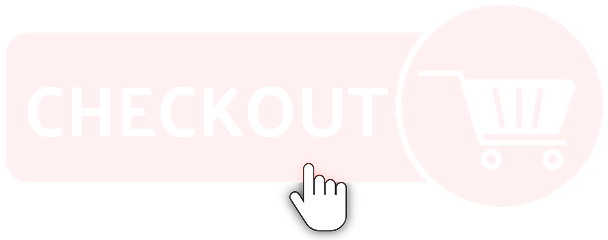Build Shopify’s Platform - Using Shopify’s API
As and when your site grows, or you need some more extra features that Shopify does not provide in its own platform, then you’ll need to integrate with a different app that provides third-party services. Like shipping providers, SMS gateways, products, customers, and other systems. We can help you to develop custom integrations using the Shopify API, SDKs, and notification frameworks. Shopify’s API implements JSON to manipulate each API resource in isolation, providing a RESTful interface, and we are familiar with how to implement Shopify’s API to integrate your third-party application with your web shop.
We can help you to integrate Shopify data with any business application.
- Sync Shopify data such as orders, customers, products, and custom objects to and from your databases, ERP, CRM, and marketing platforms.
- Sync Shopify data with Xero, Salesforce, QuickBooks, Sage One, or FreshBooks.
- Graphically map Shopify data to any other data format.
- Automate data exchange between Shopify and NetSuite.
- Sync Shopify data with third-party APIs through webhooks.
- Sync Shopify data with on-premise applications or databases via Secure Agent.
How Shopify Integrations Work:
There are five key integration points available with the Shopify platform for customized solutions. In most cases, you will end up using a combination of them to achieve the desired outcome. These integration points are:
- Shopify API – this is the key integration point that allows you to access all data within your store and create or modify a restricted set of data, and in 99% of backend integrations, it will be the core of the solution. The Shopify API is RESTful – which means that most other systems are able to communicate easily with the Shopify API.
- Webhooks – these are real-time notifications that can be sent from Shopify to external systems to notify them that an action has occurred, e.g., a new order has been made or a new customer has been created. This is a very effective mechanism for real-time updates, e.g., executing real-time order fulfillment or keeping customer data up to date in an external CRM.
- Shopify JS Buy SDK – This is a relatively new library that allows you to embed your Shopify store on another website, e.g., your WordPress blog. The WordPress Shopify plugin that has been released within the last couple of weeks uses this SDK. Previously, the alternative to this was to redirect back to Shopify using the cart and line item properties.
- Shopify Mobile Buy SDK – This is similar to the JS SDK in terms of functionality and is available natively for both iOS and Android. If you want to do any mobile integration with Shopify from a user perspective, this is the library to use.
- Hosted Payment SDK – This integration allows you to use your own hosted payment page and gateway to accept payments from customers, which is useful if you are using a gateway that has not been included in the current Shopify platform.
This integration reduces manual processing time and human error, and at volumes of hundreds or thousands of orders per day, it can be a very effective time saver for your online store and improve your customer service levels.
Shopify is a fantastic platform to start on, but as your store matures, you generally need to go beyond what is available out of the box. A custom web app is generally the best way to go about achieving more complex integration with external systems and enhancement to the base platform and can offer a lot of power and flexibility to extend your store.







































